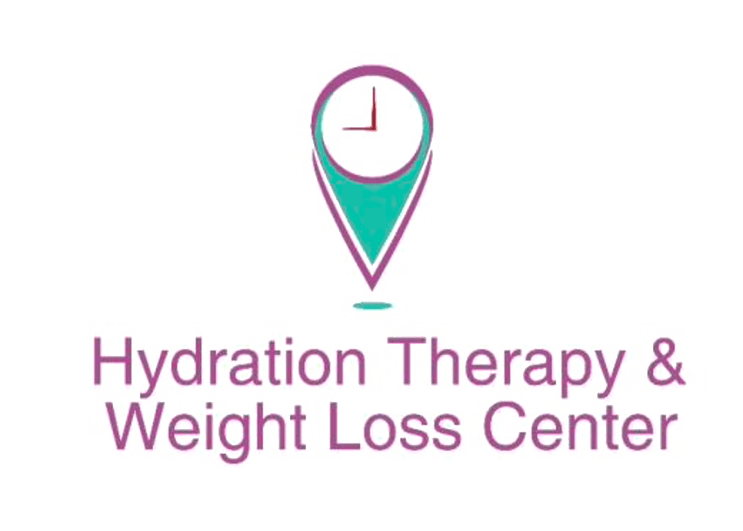Hydration Therapy & Weight Loss Center
In today’s fast-paced world, many people are constantly searching for effective ways to improve their health and wellness. From diet plans to exercise routines, the options seem endless. One emerging trend that has gained significant attention is hydration therapy, especially in combination with weight loss programs. Hydration therapy involves the intravenous administration of fluids, vitamins, and minerals directly into the bloodstream, and it has been recognized for its numerous health benefits. This article will explore the concept of hydration therapy and its potential role in weight loss.
The Science behind Hydration Therapy
Hydration therapy, also known as IV therapy, involves the direct delivery of nutrients, fluids, and electrolytes via an intravenous route. Unlike oral consumption, intravenous administration allows for faster and more efficient absorption into the bloodstream. This method is known to bypass the digestive system, eliminating any potential loss of nutrients during the absorption process.
One of the key components of hydration therapy is hydration itself. Many people struggle to consume enough water throughout the day, leading to chronic dehydration. Dehydration can have detrimental effects on overall health, including slower metabolism, reduced energy levels, and impaired cognitive function. By replenishing the body’s fluids intravenously, hydration therapy ensures proper hydration, promoting optimal bodily functions.
Hydration Therapy and Weight Loss
Weight loss is a multifaceted process that involves a combination of factors, including diet, exercise, and lifestyle changes. While hydration therapy alone may not lead to significant weight loss, it can play a supportive role in overall weight management. Here are some ways in which hydration therapy can contribute to weight loss efforts:
1. Increased Energy Levels
When the body is adequately hydrated, it functions more efficiently, leading to increased energy levels. This can be particularly beneficial for individuals trying to lose weight, as it allows for more productive workouts and increased physical activity. By providing essential fluids and electrolytes, hydration therapy helps combat fatigue, making it easier to stay active and burn calories.
2. Enhanced Nutrient Absorption
Optimal nutrient absorption is crucial for maintaining a healthy metabolism. However, digestive issues or malabsorption problems can hinder the body’s ability to absorb essential nutrients from food. Hydration therapy bypasses the digestive system and delivers vital nutrients directly to the bloodstream, ensuring efficient absorption. This can help support a healthy metabolism, which is essential for weight loss.
3. Detoxification
Hydration therapy can assist in the detoxification process, which is crucial for weight loss. By flushing out toxins and waste products from the body, it supports the liver and kidneys, the organs responsible for detoxification. A healthy detoxification process enhances the body’s ability to break down fat cells and aids in weight loss.
4. Appetite Control
Dehydration can often be mistaken for hunger, leading to unnecessary food consumption. By ensuring optimal hydration levels, hydration therapy helps control appetite and reduces the likelihood of overeating. This can be particularly beneficial for individuals trying to stick to a calorie-restricted diet for weight loss purposes.
5. Faster Recovery
Intense exercise and calorie restriction can put a strain on the body, leading to muscle soreness and fatigue. Hydration therapy can aid in muscle recovery by providing the necessary fluids and nutrients required for tissue repair. By facilitating faster recovery, hydration therapy allows individuals to maintain consistent exercise routines for more effective weight loss.
Choosing a Hydration Therapy & Weight Loss Center
If you are considering hydration therapy as part of your weight loss journey, it is important to choose a reputable Hydration Therapy & Weight Loss Center. Here are some factors to consider when selecting a center:
1. Certification and Training: Ensure that the center’s staff members are qualified healthcare professionals with the necessary certifications and training to administer hydration therapy safely.
2. Customization: Look for a center that offers personalized treatment plans tailored to your specific needs and goals. A one-size-fits-all approach may not be effective for everyone.
3. Quality Standards: Find out if the center follows strict quality control measures, such as using sterile equipment, practicing proper hygiene, and adhering to safety protocols.
4. Reviews and Testimonials: Read reviews and testimonials from previous clients to gauge the center’s reputation and the effectiveness of their services.
5. Additional Services: Consider whether the center offers other services, such as nutritional counseling or fitness programs, to support your weight loss journey holistically.
In conclusion, hydration therapy can be a valuable addition to a weight loss program. By providing essential fluids, nutrients, and electrolytes intravenously, it supports optimal hydration, energy levels, nutrient absorption, detoxification, appetite control, and muscle recovery. When combined with a healthy diet and regular exercise, hydration therapy can enhance weight loss efforts and contribute to overall wellness.







